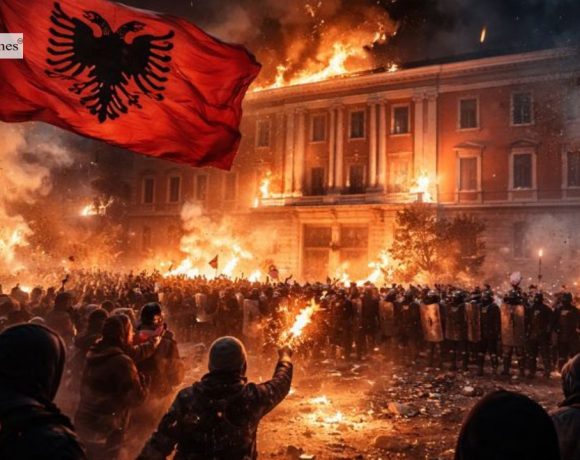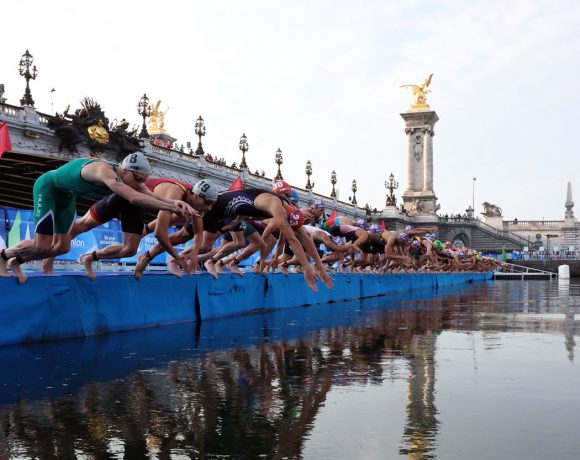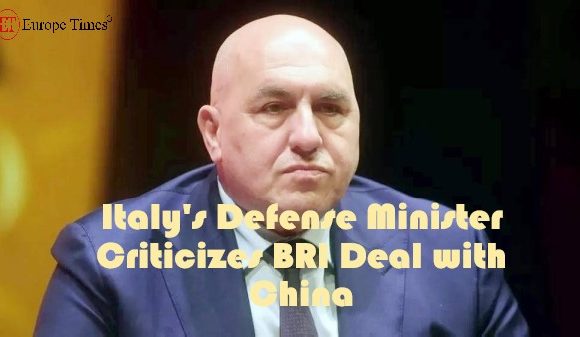
Protests erupted in Tirana, Albania, as demonstrators hurled petrol bombs at the government building housing Prime Minister Edi Rama’s office. The unrest follows the indictment of Deputy Prime Minister Belinda Balluku on allegations of corruption, accused of using state funds to favor certain companies in major infrastructure projects.
Balluku, who also leads the Ministry of Infrastructure, dismissed the accusations in parliament as “mudslinging, insinuations, half-truths and lies,” and pledged full cooperation with the judiciary. The Special Prosecution Office has requested that parliament lift her immunity to allow for her arrest, though no vote date has been confirmed.
Police in riot gear protected the government building but did not actively confront protesters. Citizens expressed outrage over alleged theft of tens or hundreds of millions of euros, demanding Balluku’s resignation amid escalating political tensions.
Pic courtesy: google/ images are subject to copyright


